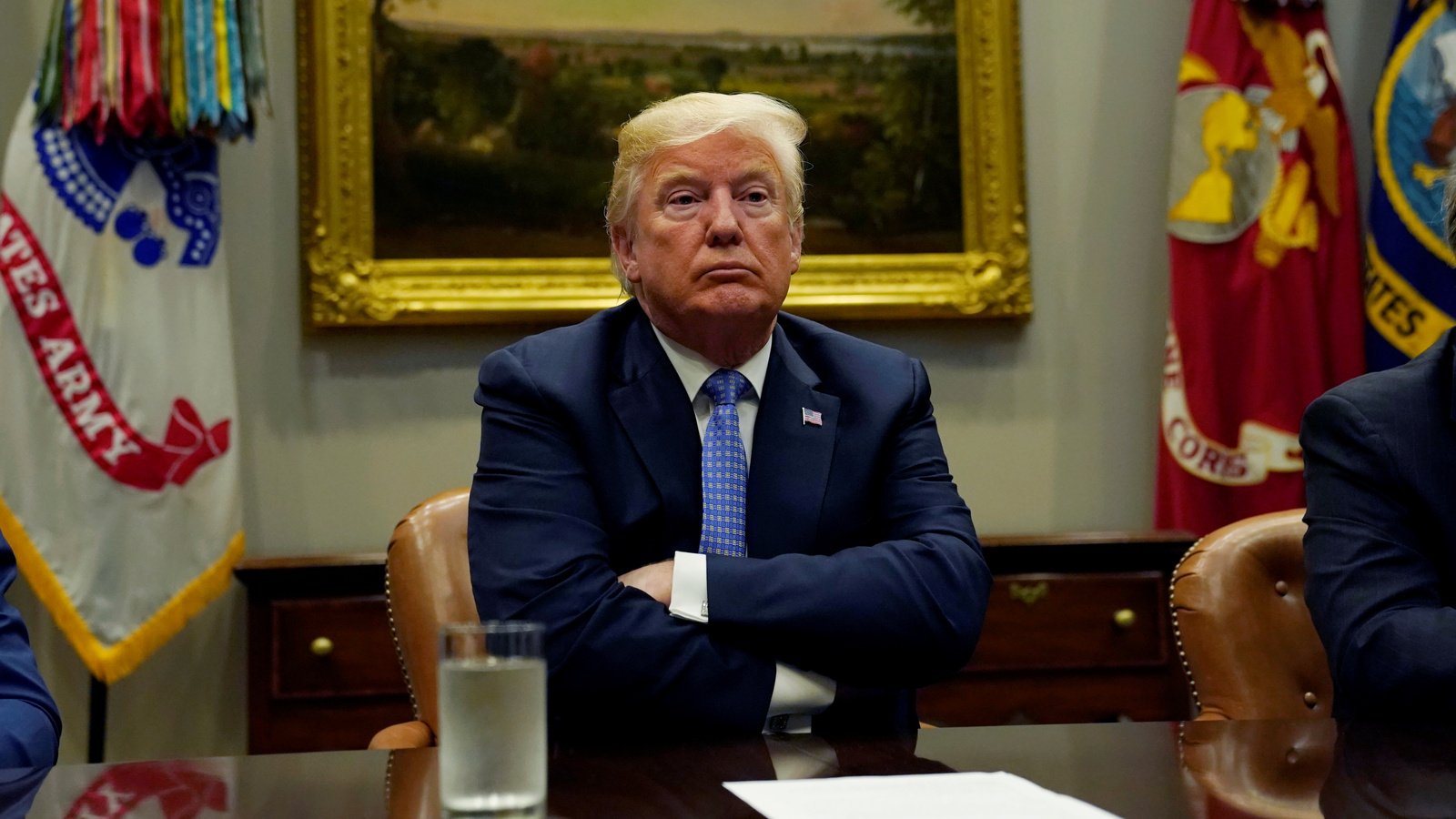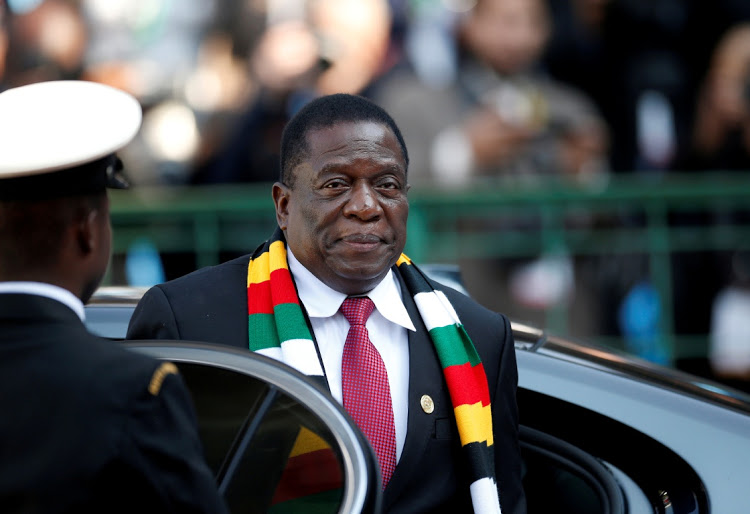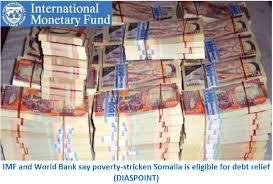Somalia has become the latest nation in Africa whose government has ordered a ban on TikTok, citing the urgent need to curb the spread of indecent images and extremist propaganda.
For years, governments around the world, including in Africa, have assailed social media for their role in spreading disinformation, inciting violence, and provoking uprisings.
Authorities in Somalia have now ordered a ban on TikTok, Telegram, and gambling site 1XBet, asked to remove the apps for the first time, giving internet providers until 24 August to comply with the order. “The minister of communications orders internet companies to stop the aforementioned applications, which terrorists and immoral groups use to spread constant horrific images and misinformation to the public,” according to a statement released by the communication ministry.
This is the first official attempt by the authorities to shut down platforms on social media that comes as Somalia doubles down on its counteroffensive against the al-Shabab militant group, whose members are known to regularly use TikTok and Telegram to post about their activities.
Only two weeks ago — in one of the most extreme responses by a government yet — Senegal not only imposed a temporary ban on TikTok on all wireless phone networks, but it also temporarily blocked access to the entire Internet on mobile devices. According to the government, the shutdown was intended to prevent the spread of “hateful and subversive messages” by individuals who “threaten to destabilize the country” after dozens of people were killed in protests across the country.
The social media platform is now purportedly facing an indefinite suspension in Senegal, marking its inaugural ban on the African continent. However, while the Senegal suspension is more likely to be driven by political motives, the usual regulatory challenges the platform encounters worldwide concern issues like data privacy and content moderation issues.
This may be more the case of Kenya, where a petitioner has called on members of parliament to ban the use of popular social media application TikTok, decrying that while it has gained popularity among the youth in the country, it is exposing young people to explicit sexual content and is thus a serious threat to cultural and religious morals in the society.



